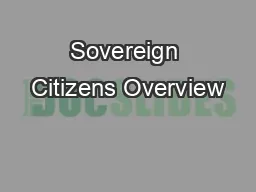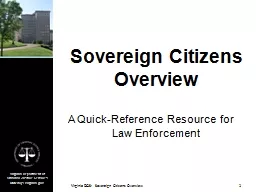PPT-Part Four: Citizens, Society & the State
Author : olivia-moreira | Published Date : 2018-11-06
I was in civil society long before I was ever in politics or my husband was ever even elected president Hillary Clinton American politician Social Cleavages Definition
Presentation Embed Code
Download Presentation
Download Presentation The PPT/PDF document "Part Four: ..." is the property of its rightful owner. Permission is granted to download and print the materials on this website for personal, non-commercial use only, and to display it on your personal computer provided you do not modify the materials and that you retain all copyright notices contained in the materials. By downloading content from our website, you accept the terms of this agreement.
Part Four: Citizens, Society & the State: Transcript
Download Rules Of Document
"Part Four: Citizens, Society & the State"The content belongs to its owner. You may download and print it for personal use, without modification, and keep all copyright notices. By downloading, you agree to these terms.
Related Documents














